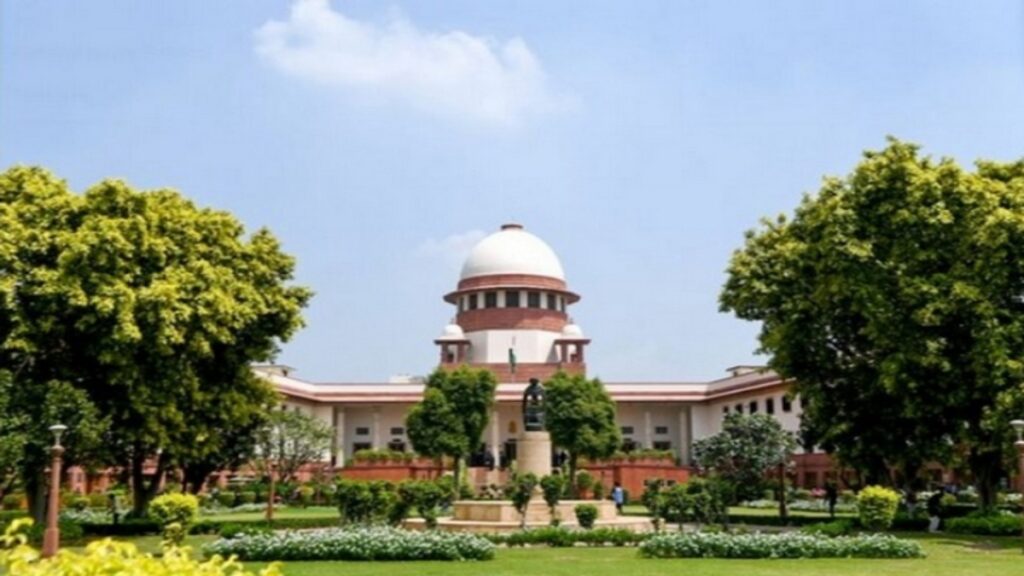Jahanvi Agarwal
In a recent judgment, the Supreme Court of India held that a plaint cannot be rejected in part under Order VII Rule 11 of CPC. Moreover, the court also reiterated that when a plaint does not disclose a cause of action, it is liable to be rejected under Order VII Rule 11.
The bench consisted of Justice PS Narasimha and Justice Sudhanshu Dhulia stated that:
“In simple terms, the true test is first to read the plaint meaningfully and as a whole, taking it to be true. Upon such reading, if the plaint discloses a cause of action, then the application under Order VII Rule 11 of the CPC must fail. To put it negatively, where it does not disclose a cause of action, the plaint shall be rejected.”
In the present case, the plaintiffs initiated legal proceedings for the division and separate possession of assets. The defendants, however, invoked Order VII Rule 11 of the CPC, seeking the dismissal of the plaintiffs’ claim. Both the plaintiffs and the first three defendants were part of a joint family that owned properties outlined in Schedules A and B of the complaint.
The trial court rejected the application to dismiss the claim, asserting that the complaint did not establish a cause of action. Nevertheless, the High Court, on the other hand, partially allowed the application under Order VII Rule 11, CPC, leading to the rejection of the claim concerning the Schedule-A property.
The High Court’s decision was based on the fact that the property in Schedule A had been sold through a registered Sale Deed in 1919, a fact uncontested by the plaintiffs. Furthermore, the plaintiffs failed to provide any evidence challenging the validity of this Sale Deed.
The Apex Court, however, found that the Karnataka High Court had misapplied the well-established principles of Order VII Rule 11 of the CPC and had made a decision contrary to legal standards.
Consequently, the Apex Court set aside the High Court’s order, dismissed the application under Order VII Rule 11, CPC, and reinstated the suit, including the properties listed in Schedule A of the Plaint.
The Apex Court criticized the High Court for prematurely assessing the truth, legality, and validity of the sale deed, stating that the High Court should not have pre-judged these matters.
The Apex Court emphasized that:
“Simply put, the High Court could not have anticipated the truth of the averments by assuming that the alleged previous sale of the property is complete or that it has been acted upon. The approach adopted by the High Court is incorrect and contrary to the well-entrenched principles of considering an application under Order VII Rule 11, CPC.”
Consequently, the Apex Court overturned the High Court’s judgment and order, even with respect to the Schedule-A property, as it deemed this approach impermissible when reviewing an application under Order VII Rule 11, CPC.
Case Name: Kum. Geetha, D/O Late Krishna & Ors V. Nanjundaswamy & Ors.
Diary Number: 7413/2023
Bench: Justice PS Narasimha and Justice Sudhanshu Dhulia

